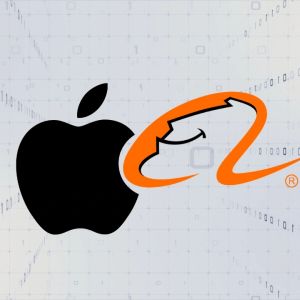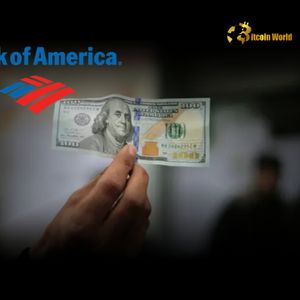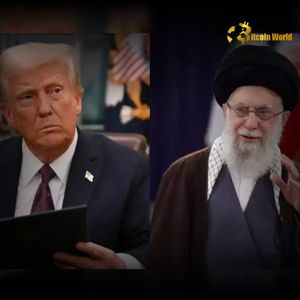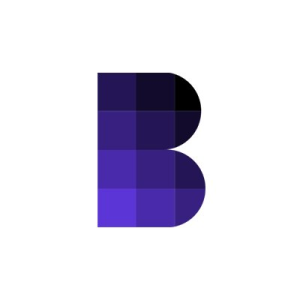Apple’s plan to launch its new artificial intelligence services in China, in partnership with Alibaba, is facing delays after Beijing’s top internet regulator failed to approve the applications. The two companies had worked together to bring “Apple Intelligence,” the iPhone maker’s suite of AI tools, to Chinese users, using Alibaba’s latest AI models to power the system. This year, Apple and Alibaba submitted multiple co-developed AI products to the Cyberspace Administration of China (CAC) for authorization. However, those submissions remain under review at the CAC, according to two sources familiar with the matter, who pointed to growing political tensions between China and the United States as a key driver of the hold-up. Apple has been hit hard by the rising strain in U.S.-China relations Even though chief executive Tim Cook has met with U.S. officials to gain support in Washington, Apple’s reliance on Chinese factories has drawn criticism from President Donald Trump. Over recent months, Trump has repeatedly urged Apple to move more of its production back to the United States. In May, he warned that Apple and Samsung could face a 25% tariff on their devices if they did not shift manufacturing out of China. At the same time, Apple’s share price has suffered this year, in part because the company’s rollout of AI features globally has been slower than expected. These AI services were meant to be a big selling point for the latest iPhone models. Investors have also grown concerned about regulatory and legal challenges that could threaten Apple’s high-margin services, such as the App Store. With its AI update held up in China, Apple is at a disadvantage against local competitors like Huawei, Xiaomi, Oppo and Vivo, which have already introduced new AI features in their devices. The delay affects Apple as negotiations between the U.S. and China aim to roll back the steep tariffs each side imposed on the other. At one point, tariffs reached as high as 145% on certain goods. While Washington and Beijing have held talks to reduce those duties, the CAC’s lagging approval process could slow Apple’s ability to compete in China’s fast-moving smartphone market. Regulators are taking more time than expected Under Chinese rules, any company that wants to offer generative AI services to the public must clear an official review by the CAC, which includes testing of the AI models. So far, the CAC has approved more than 300 domestic AI models for public use. By teaming up with Alibaba, Apple had hoped to fast-track its approval. But as trade tensions have intensified, the partnership itself has come under scrutiny, forcing regulators to take extra time. Beijing has also reopened probes into some U.S. tech firms, including Nvidia and Google, to gain leverage in trade discussions. It now takes longer for Beijing to review any U.S.-related partnerships, especially in critical areas such as AI, one source explained. Final sign-off on AI applications must come from the higher body under China’s State Council, which continues to be involved in U.S.-China tariff talks. The same source noted that the delays could be lifted quickly once the State Council gives its approval, though that timing remains uncertain. Meanwhile, a second insider said that the U.S. Commerce Department’s Bureau of Industry and Security (BIS) has raised concerns about the Apple-Alibaba project, even though it has no direct power to block the alliance. Those concerns have been shared with both companies. In February, Alibaba’s chair, Joe Tsai, confirmed that his company would supply technology for Apple’s AI-capable iPhone models sold in China. His announcement helped push Alibaba’s shares higher at the time. But Apple’s own market position in China has weakened. At the start of 2023, Apple held roughly 70% of the high-end smartphone market in China, compared to Huawei’s 13 per cent, according to research firm IDC. By the first quarter of 2025, Apple’s share had fallen to 47%, while Huawei’s had risen to 35%. Your crypto news deserves attention - KEY Difference Wire puts you on 250+ top sites














